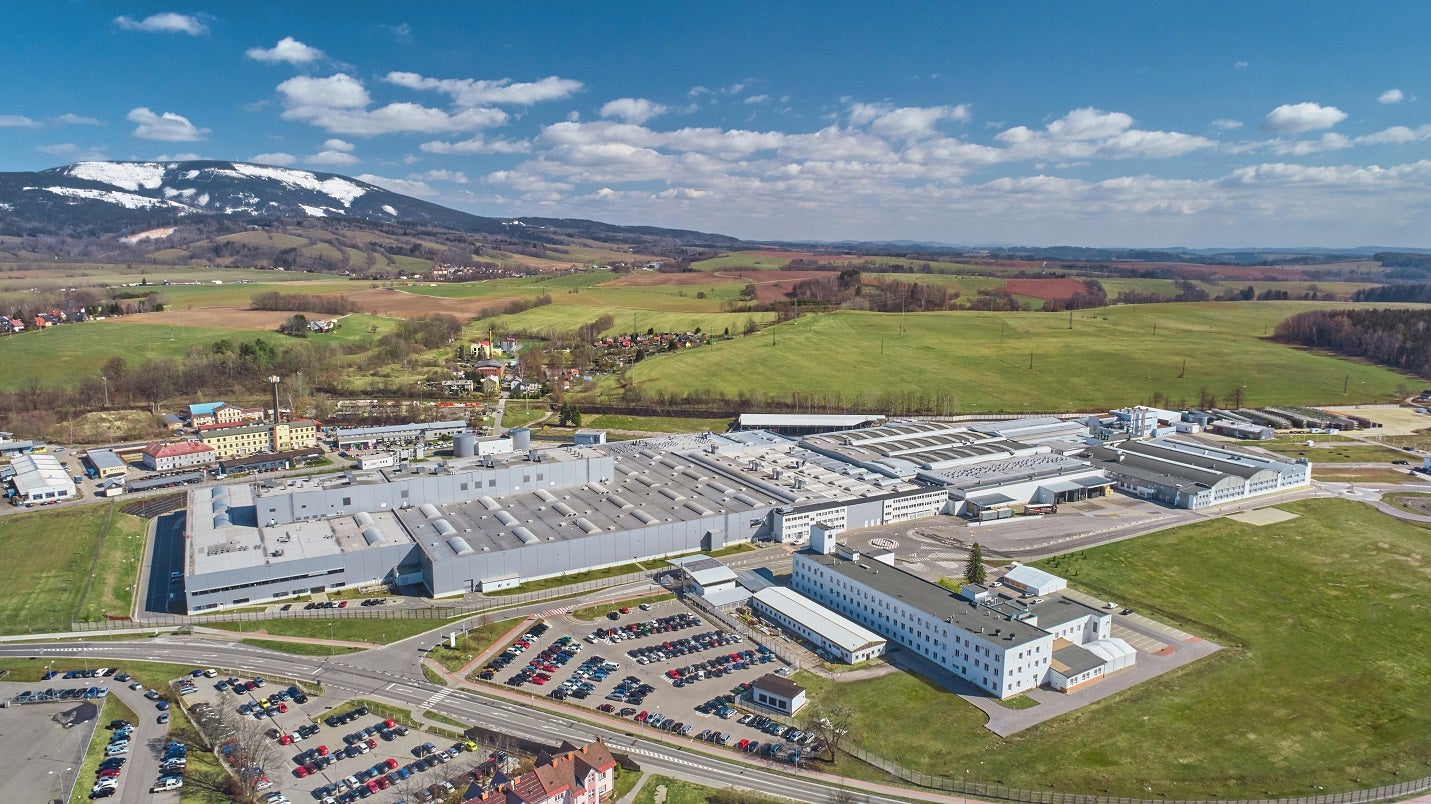
VW Group brand Skoda says its component plant in Vrchlabí has been its first CO2-neutral production site worldwide since the end of 2020.
To achieve this, the car manufacturer systematically reduced its energy consumption and switched to renewable energies. In doing so, the company was able to cut CO2 emissions at the site from 45,000 tonnes annually to its current level of 3,000 tonnes. The remaining emissions are offset through compensation measures and CO2 certificates.

Discover B2B Marketing That Performs
Combine business intelligence and editorial excellence to reach engaged professionals across 36 leading media platforms.
Skoda has been producing the 7-speed direct shift gearbox (DSG) DQ 200 at the Vrchlabí site since 2012. Some 2,300 units are produced there every day, and the three millionth DQ200 gearbox was produced in 2019.
Miroslav Kroupa, Head of Brand Management at Skoda, said: “As a car manufacturer, we bear a special responsibility for environmental and climate protection.
“We have set the course by achieving CO2 neutrality at our high-tech Vrchlabí site, and we are showing where we are heading in terms of environmental sustainability and energy efficiency.”
At the end of 2020, the gearbox plant in Vrchlabí became Skoda’s first CO2-neutral production site worldwide, and the brand says the Mladá Boleslav and Kvasiny are soon to follow.
Last year some 41,500 MWh of the 47,000 MWh of total energy required in Vrchlabí came from renewable sources, which corresponds to a share of approximately 90 per cent. As a result, carbon dioxide emissions fell from 45,000 tonnes per year to 3,000 tonnes.
The remaining CO2 emissions are offset by purchasing CO2 certificates. By financing these, Skoda says it is supporting climate protection projects, e. g. including the production of renewable energy in India and rainforest conservation.
At the Vrchlabí site, effective energy management saved more than 2,000 MWh of thermal energy and almost 1,500 MWh of electricity last year alone. Furthermore, unused heating circuits in production were closed, intelligent, energy-efficient room temperature regulation was introduced, and the air supply management was optimised. In addition, the lighting in many rooms has been aligned with the operating hours.
Since the beginning of 2019, all waste from the production process at the Vrchlabí plant has been recycled either materially or thermally – and this has been the case for all the car manufacturer’s production plants since the beginning of 2020.
This year, Skoda has also started using CO2-neutral methane from biogas plants in Vrchlabí instead of natural gas.
Skoda says it is also investing in climate protection measures at several other locations, including the commissioning of one of India’s largest solar roof systems at the Pune plant in late 2019.
The largest photovoltaic roof system in the Czech Republic is also being built at the main plant in Mladá Boleslav. At the combined heat and power plant there, 30 per cent of the fuel required to generate electricity is obtained from renewable raw materials; only CO2-neutral biomass and biogas are to be used by the end of the decade. Skoda also plans to further reduce emissions from coolants and company vehicles by 2030.
In addition, Skoda is aiming to reduce the emissions of its vehicle fleet by more than 50 per cent by 2030 compared to 2020 and is planning to increase the share of all-electric models in Europe to between 50 and 70 per cent, depending on market developments. By 2030, the company will be adding at least three more all-electric models to its product portfolio.
Skoda also says it is committed to reforestation; since 2007, it has been planting a tree for every vehicle sold in the Czech Republic, reaching a total of more than one million by the end of this year. On the grounds of its three Czech factories, more than 1,400 trees and over 27,000 m2 of hedges and shrubs are helping to protect the climate and provide a habitat for insects and other animals.






